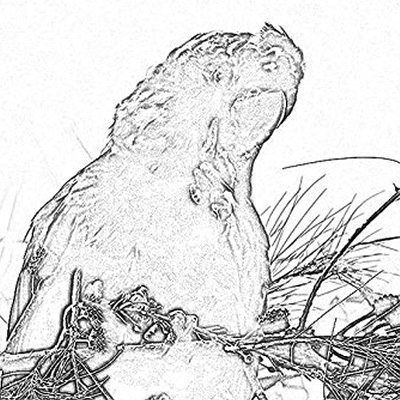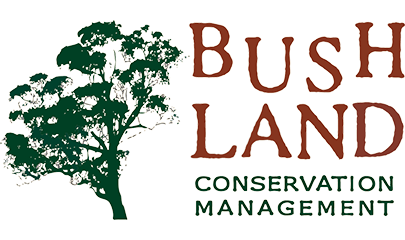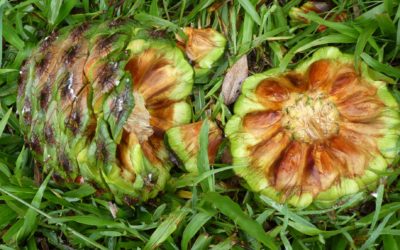Bushland Conservation Management | NEWS

Black Cockatoo Colouring Competion
There is an exciting project underway for the future conservation of a vulnerable species, the Glossy Black Cockatoo!
Australia’s very special Bunya Pine
Australia's very special Bunya Pine By Kim Morris – Bushland Conservation Management Every year from December through to March the Bunya Cones are crashing to the ground, with a bumper crop every three years. Many years ago I was lucky enough...

